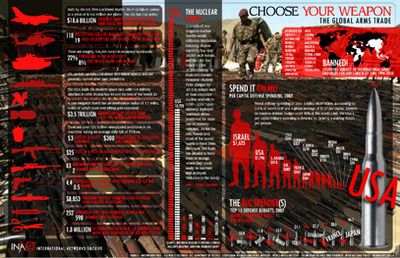Tuesday, October 03, 2006
Information Aesthetics
What is Information Aesthetics?

Lev Manovich, a professor at UCSD, describes it thus:

A Blog about IA
More from Princeton

Lev Manovich, a professor at UCSD, describes it thus:
Info-Aesthetics scans contemporary culture to detect emerging aesthetics and computer-based cultural forms specific to information society.... Can there be forms specific to information society, given that software and computer networks redefine the very concept of form as something solid, stable and limited in space and time? ...He's basically addressing a fundamental problem in the information age: too much information. Information aesthetics is just a tool to reduce the massive reams of data that are available to graphical forms that can be interpreted easily, at a glance. It reminds me a lot of Tufte's work. Plus, look at all the pretty pictures.Can information society be represented iconically, if all its most characteristic activities – information processing, interaction between a human and a computer, telecommunication, networking – are dynamic processes? How does the super-human scale of our information structures – from 16 million lines of computer codes making Windows OS, to forty years which would take one viewer to watch all video interviews stored on digital servers of the Shoah Foundation, to the Web itself which cannot be even mapped as a whole – be translated to the scale of human perception and cognition? In short, ... can we reduce information to forms, meaningful to a human?

A Blog about IA
More from Princeton
Technorati Tags:
Labels: Technology






